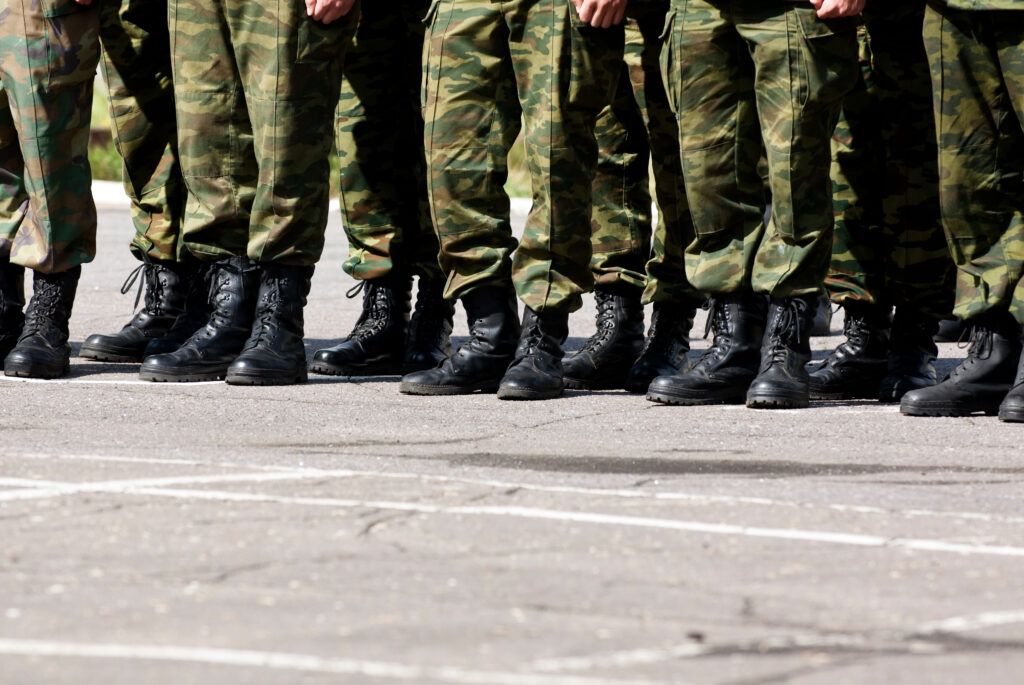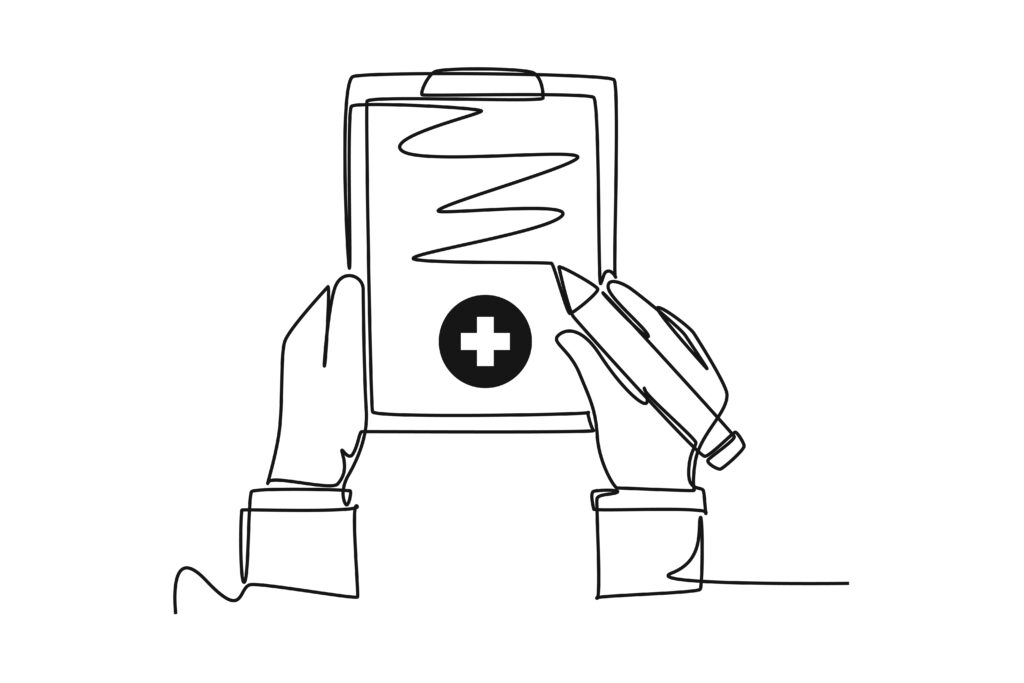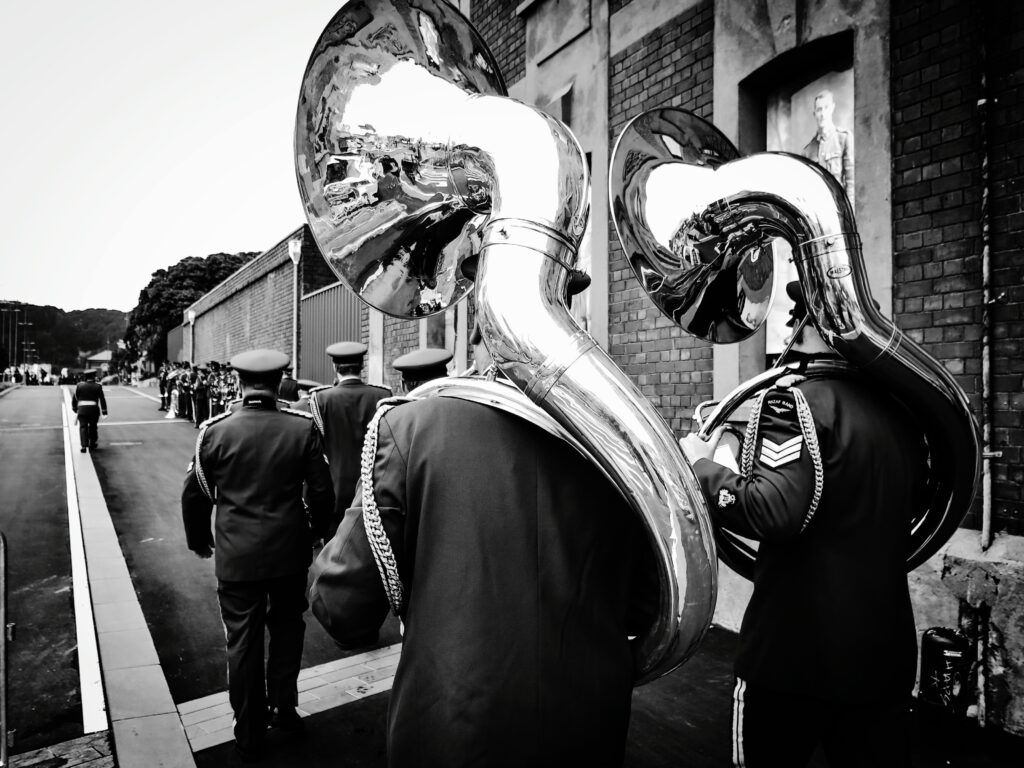Joining the Army: Neurodiversity and Mental Health

Choosing to start a career in the army is a big decision, and if you are neurodiverse or have mental health conditions, it’s normal to worry about how they might affect your experience.
The army’s medical criteria
The British Army has medical criteria for all new recruits. They use these criteria to ensure that all recruits are healthy, both mentally and physically, to be able to join. Before enlisting, you will go through a medical assessment, which includes checks on physical fitness, past injuries, and mental health history. Some conditions like severe asthma, epilepsy, or ongoing mental health issues can affect your eligibility, but not all medical conditions are an automatic barrier.
Recently, the British Army has reassessed its medical criteria, and conditions such as autism and ADHD, which previously disqualified applicants, are now evaluated on a case-by-case basis. Factors such as the nature of the condition, treatment history, and current stability are considered. If you are worried about your health affecting your application, it’s best to speak openly with a recruiter. They can help you and give you more information about what conditions might need further assessment. The most important thing is to be honest about your medical history, as hiding information could cause issues later.
Candidates with some conditions, including dyslexia, dyscalculia, and dyspraxia, can serve in the army if they meet selection, training, and performance standards. You will receive support and accommodation for your needs, so you can thrive in your role.
Different roles in the army
There are many different roles within the army, meaning you don’t have to be on the front line to have a successful military career. While some people join as soldiers in combat roles, others work in areas like engineering, logistics, or even music. You could train as a mechanic, a chef, a medic, or even play in the army band.
Joining the Army Cadets can be a great way to get a taste of the military experience and develop confidence and teamwork skills. The Cadets are open to young people aged 12-18. They offer activities like adventure training and first aid courses. It’s a great way to learn new skills and meet new people – whether you plan to join the Army later or not.
The army also has the Reserves, a part-time role where you can train alongside regular soldiers and keep your regular job or continue studying. This can be a way of experiencing military life without making a full-time commitment.
Your health and wellbeing
A career in the army can be rewarding, but it can also be challenging, both mentally and physically. You may work long hours, perform demanding tasks, and spend time away from family and friends. The pressure to perform and follow orders, can be mentally challenging. Some roles may also expose you to emotionally challenging situations.
That’s why looking after your mental and physical health is important. The army provides support, including mental health services, welfare officers, and peer networks, but it’s important to be aware of your own wellbeing and know when to ask for help when you need it.
Getting support
If you’re considering joining, you need to be honest with yourself about your strengths and limitations. Preparing mentally for the recruitment process is just as important as preparing physically. You could talk to any current or former member of the army you know for advice. You can also talk to someone at a recruitment centre, where they can advise you and provide information. If you are rejected from the Army, don’t feel discouraged. There is support available to help you find the right career path for you.
If you would like to talk about anything on your mind, you can talk to Meic. We offer information, support and advocacy for children and young people in Wales. Our helpline is free and is open from 8am to midnight everyday. You can talk to us over the phone, Whatsapp message, text message or online chat.






















